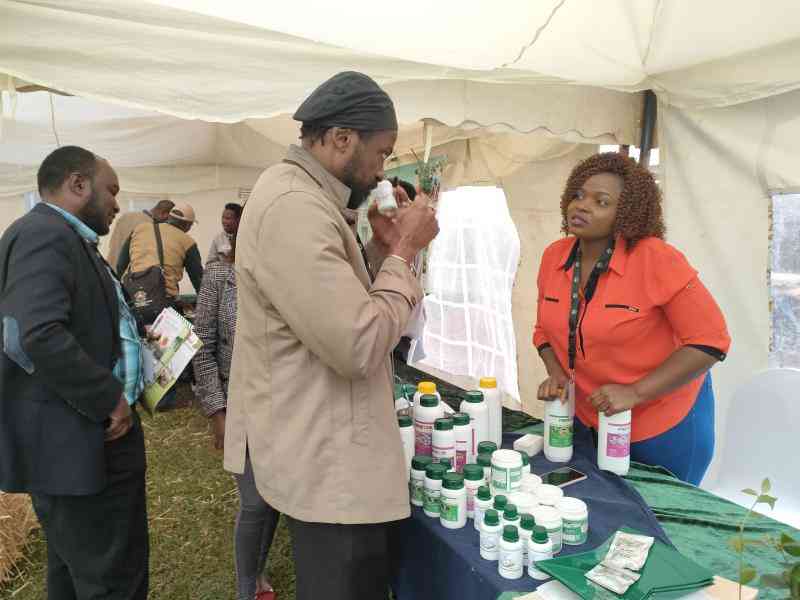
Like other health-conscious farmers, Peter Kariuki started growing organic foods five years ago, to keep lifestyle diseases at bay. Kariuki, from Gatanga in Murang'a County started by planting vegetables like sukuma wiki, carrots, onions, cabbages and fruits such as paw paws, oranges and mangoes. Though he got valuable information on how to grow and manage organic crops from various organisations, his greatest challenge was where to get organic fertilisers, pesticides and soil conditioners.
"For long, l didn't know where to get the organic inputs. But through the networks l formed during trainings, l got good leads across the country. Since then, l had never missed organic inputs whenever l need them," he says.